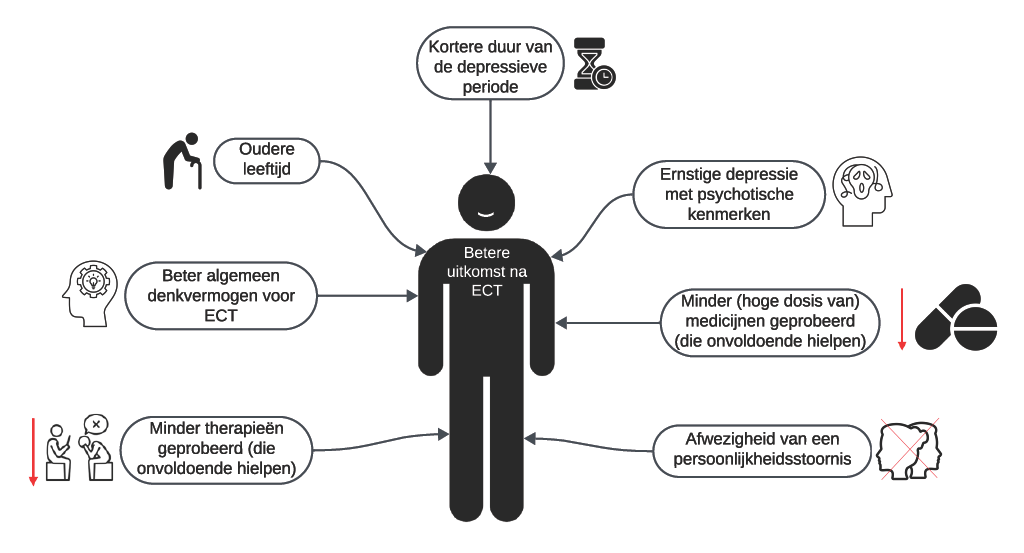The decision to undergo electroconvulsive therapy (ECT) is different for everyone. There is no one-size-fits-all answer: what is effective and worthwhile for one person may not be right for another. ECT can provide rapid relief from severe mental health symptoms, but it also has potential drawbacks. That’s why it’s important to make a careful, informed and personal choice.
A good first step is to gather accurate information. This website can help you find reliable details about what ECT is, how it works and its benefits and drawbacks. It is also important to explore other treatment options, such as medication, psychotherapy, rTMS or other forms of support. Shared decision-making tools may be useful in this process.
The best choice depends on several factors, including your physical and mental health, past treatment experiences, your social situation and support network and your personal values and preferences. Discuss these aspects with your healthcare provider.
It may help to involve someone you trust, such as a partner, friend or family member, in the decision-making process. You can also read firsthand experiences from people who have undergone ECT. These can often give you a more realistic picture.
ECT is rarely the sole solution; it is usually part of a broader treatment plan. Understanding the biological, psychological and social factors contributing to your symptoms can help you make the best decision. This not only clarifies whether ECT is the right step now, but also helps in planning the next stage of treatment afterwards.
This is true whether ECT is effective or not. Even if it provides relief, additional treatments are often needed to support recovery and prevent relapse. And if ECT does not bring enough improvement, it’s still important to consider other treatment options and address psychological and social needs.
By taking all these factors into account, your health, life circumstances, history and future, you can create a treatment plan that truly fits your situation and wishes.
Which factors can influence the effectiveness of ECT?
A large Dutch study involving nearly 2,000 people who received ECT found that certain factors can affect how well the treatment works for depression.
ECT tends to work better for people who:
- Are older
- Have had depression for a shorter period of time
- Have severe depression with psychotic symptoms
- Can think clearly and have no memory problems before starting ECT treatment
ECT may be slightly less effective for people who:
- Have already tried many different medications and therapies without sufficient improvement
- Have a personality disorder
Some medications can also reduce ECT’s effectiveness, particularly anxiety and sleep medications (benzodiazepines) and epilepsy medications (antiepileptics). These drugs can make the brain less responsive to the electrical stimulus.
Important: If you recognise yourself in these points, this does not automatically mean that ECT is or is not suitable for you. Always discuss your situation with your healthcare provider.




